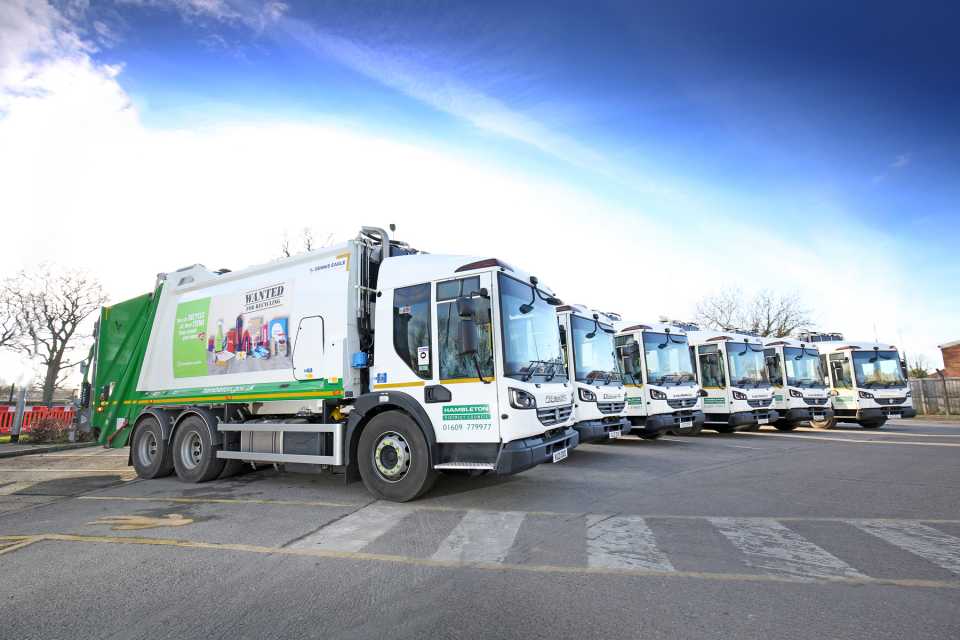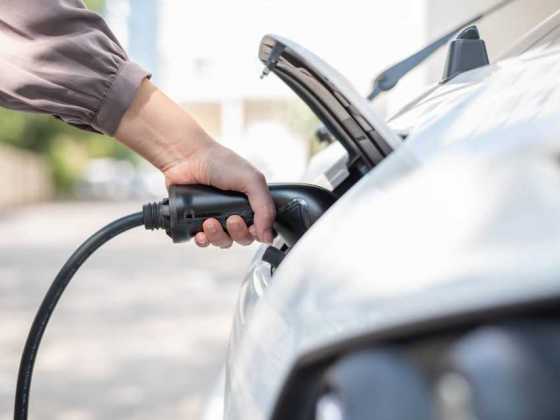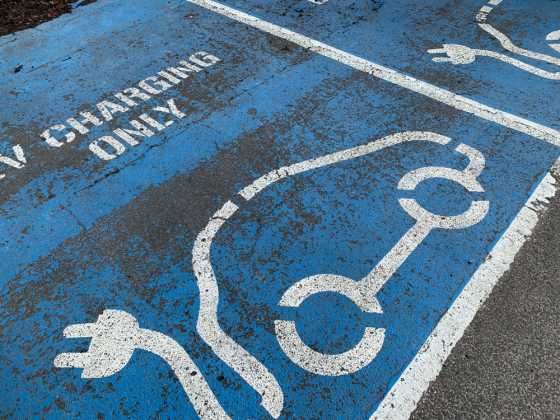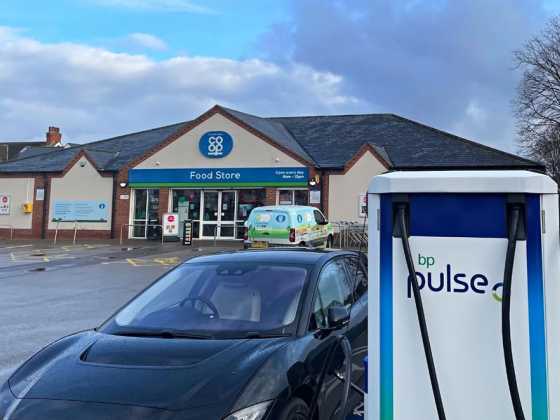Hambleton District Council take on greener refuse vehicles

Hambleton District Council has taken delivery of six refuse trucks fitted with electric triple bin lifts, which use less diesel than hydraulic lifts and are also quieter thus reducing noise pollution.
The six new 26t Dennis Eagle Twinpack refuse trucks replace and expand its existing fleet of five vehicles. The council already operates four electric vehicles comprising two cars and two Nissan eNV200 electric vans.
Cllr Stephen Watson, Cabinet spokesperson, Hambleton District Council: “These electric bin lifts will not only help reduce our carbon emissions but are also less noisy, so they are far more environmentally friendly.”
“Unfortunately, we cannot move to all electric vehicles as our rounds are too long and currently the technology would not allow them to complete a round without needing recharging. But we are looking at all ways to reduce emissions and using electric vehicles where it is possible.”
Sue Seddon, Technical Support Manager, Hambleton District Council: “We have invested in an additional vehicle to accommodate collections from a large number of new properties, which will ultimately create a new round. The sixth vehicle will be supporting the rest of the fleet with recycling, garden waste and household refuse collections until the new properties come online.”
All the vehicles have been supplied by the council’s vehicle partner Specialist Fleet Services Ltd (SFS) as part of a 10-year contract hire agreement awarded in 2015. SFS first became Hambleton District Council’s vehicle partner in 2007 and since then the authority has renewed its contract with SFS on three consecutive occasions.
Sue Seddon added: “Our relationship with SFS is excellent. They are approachable at every level and understood our organisation very quickly. Nothing is ever a problem. Because they do their job so well it means we can concentrate on the job in hand and collect waste and recycling without having to worry about our Operators licence, or when vehicles need servicing, repairs and MOTs. They help us maximise the efficiency of our fleet and workshop operations, so vehicle downtime is minimised; and assist us in future proofing our fleet by incorporating low emissions technologies to meet carbon reduction targets.”



